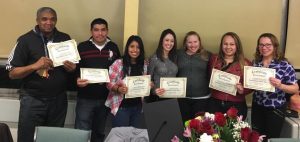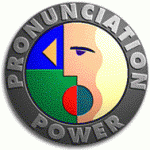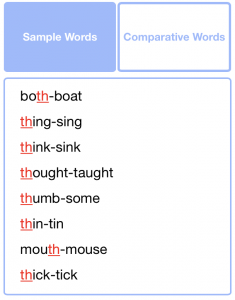
Don’t say:
– I told my daughter the history about Goldilocks and the Three Bears.
– She told her friend a history about something funny that happened on her wedding day.
– My sister loves to read romance histories.
– My nephew is studying World Story in school.
Say this:
– I told my daughter the story about Goldilocks and the Three Bears.
– She told her friend a story about something funny that happened on her wedding day.
– My sister loves to read romance stories.
– My nephew is studying World History in school.
Remember:
 Story is countable (one story, two stories), and can be about something imaginary (fiction) or that really happened (non-fiction). Stories can be about Star Wars, Harry Potter, Moby Dick, something you did in your childhood, something in your dream last night.
Story is countable (one story, two stories), and can be about something imaginary (fiction) or that really happened (non-fiction). Stories can be about Star Wars, Harry Potter, Moby Dick, something you did in your childhood, something in your dream last night.
 History is non-countable, and is non-fiction. It can be about the history of Framingham (collection of events in Framingham’s past), United States history, or your medical history (illnesses, hospital visits, etc. in your life).
History is non-countable, and is non-fiction. It can be about the history of Framingham (collection of events in Framingham’s past), United States history, or your medical history (illnesses, hospital visits, etc. in your life).
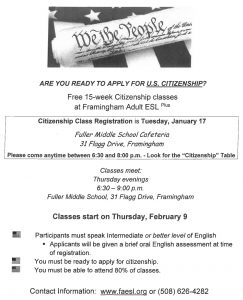
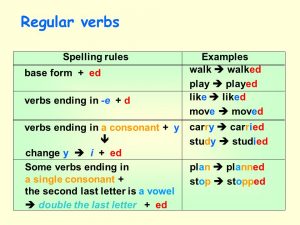
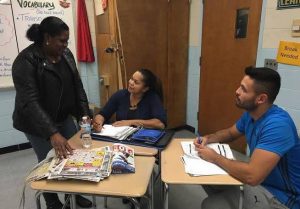 The new Spring 2017 classes begin at
The new Spring 2017 classes begin at 